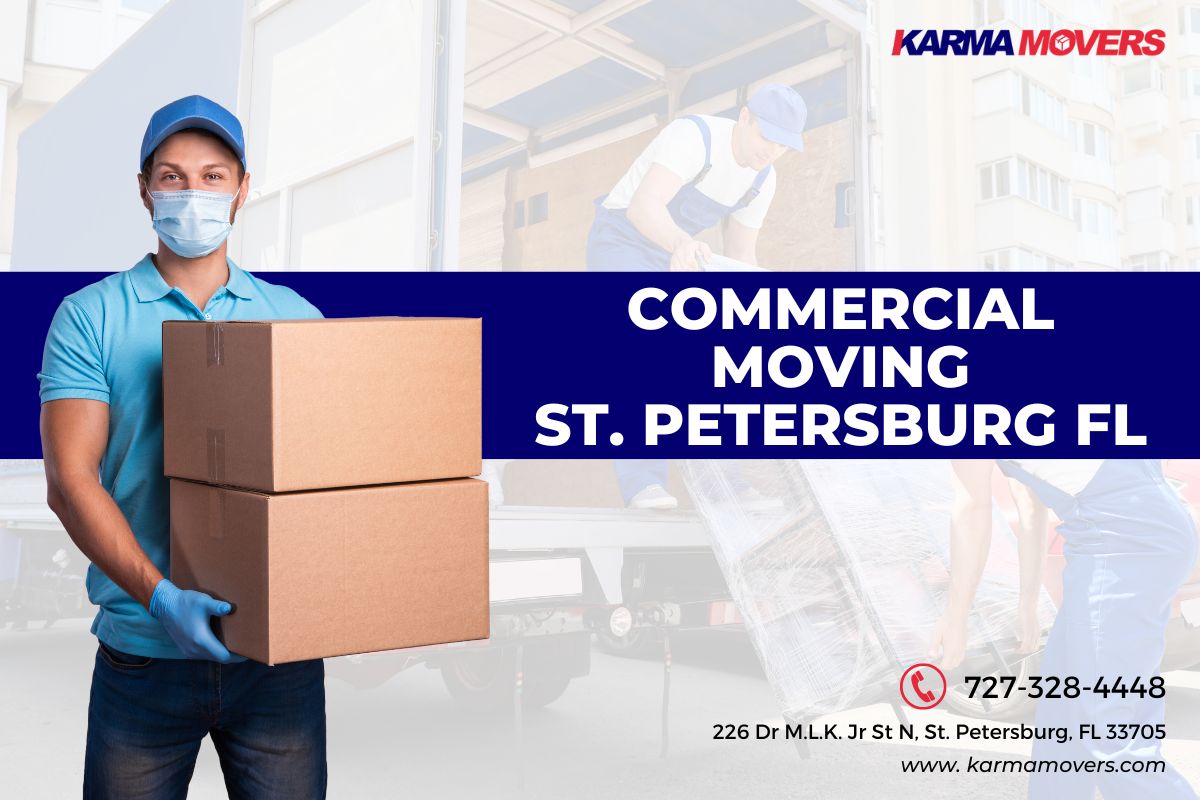
Introduction
When it comes to moving and storage, finding the right storage unit is crucial. Whether you're downsizing, decluttering, or in need of temporary storage during a move, having a reliable and secure space to store your belongings is essential. With so many options available, it can be overwhelming to choose the right storage unit for your needs. In this article, we will explore the key factors to consider when selecting a storage unit and provide expert advice to help you make an informed decision.
Why Choosing the Right Storage Unit Matters
Before we dive into the details of choosing the right storage unit, let's first understand why it is important. When you invest in a storage unit that meets your specific requirements, you can enjoy several benefits:
Protection for your belongings: A well-maintained storage unit provides a secure environment for your items, protecting them from theft, weather damage, pests, and other potential risks.
Convenience: Having easy access to your stored items allows you to retrieve them whenever needed without hassle. This is especially important if you anticipate frequent visits to the storage facility.
Peace of mind: Knowing that your belongings are stored in a safe and secure facility gives you peace of mind during times of transition or when you're away from home for extended periods.
Cost-effectiveness: By choosing the right storage unit size and location, you can optimize costs and avoid paying for unnecessary space or services.
Now that we understand the importance of selecting the right storage unit let's delve into the key factors that should guide your decision-making process.
Factors to Consider When Choosing a Storage Unit
Location: Convenience vs. Cost
One of the primary considerations when choosing a storage unit is its location. The proximity of the facility to your home or workplace will determine how convenient it is for you to access your belongings. However, keep in mind that storage units in prime locations may come at a higher cost. Consider your specific needs and weigh the convenience factor against the additional expense.
Size: Assessing Your Storage Needs
Determining the size of the storage unit you require is crucial to avoid paying for unused space or cramming your belongings into a small unit. Start by assessing the volume of items you plan to store and make a list of everything you need to accommodate. This will help you estimate the required square footage accurately. Remember to account for any future additions or changes to your storage needs.
Security: Protecting Your Belongings
When it comes to storing your valuable possessions, security should be a top priority. Look for storage facilities that offer robust security measures such as:
- Surveillance cameras: Ensure that the facility has 24/7 video surveillance to monitor any suspicious activities. Secure access: Opt for a facility that requires key cards or unique access codes to enter the premises. Individual unit locks: Each storage unit should have its own lock, allowing only authorized individuals to gain access.
Additionally, inquire about fire protection systems and pest control measures implemented by the facility.
Climate Control: Preserving Fragile Items
Certain items, such as wooden furniture, electronics, artwork, and delicate fabrics, require climate-controlled storage to prevent damage from extreme temperatures, humidity, and moisture. If you plan on storing sensitive items, opt for a storage facility that offers climate-controlled units.
Accessibility: Convenience of Accessing Your Belongings
Consider how frequently you'll need to access your stored items. If you anticipate regular visits or need quick access to specific belongings, choose a storage facility with extended operating hours or 24/7 accessibility options.
Pricing: Comparing Costs and Value
Storage unit prices can vary significantly based on factors such as location, size, amenities, and duration website of storage. It's essential to compare prices from different facilities while considering the value provided. Keep in mind that the cheapest option may not always be the best, especially if it compromises on security or customer service.
Frequently Asked Questions
Q: How do I know what size storage unit I need?- A: To determine the appropriate size, make an inventory of the items you plan to store and consult a storage professional who can guide you based on their experience.
- A: No, perishable items such as food, plants, or animals are prohibited in most storage facilities due to the risk of attracting pests and causing damage.
- A: Yes, storage units have restrictions on storing hazardous materials, flammable substances, firearms, illegal items, and other dangerous goods. Always check with the facility for a comprehensive list of prohibited items.
- A: While most storage facilities have insurance coverage for their property, it is advisable to obtain separate insurance for your stored belongings to ensure comprehensive protection.
- A: Depending on the facility's policies, you may be able to upgrade or downgrade your unit size if needed. Check with the facility management for any restrictions or associated fees.
- A: It is recommended to book a storage unit as soon as you know your moving or storage dates to secure availability and potentially benefit from early booking discounts.
Conclusion
Choosing the right storage unit requires careful consideration of various factors such as location, size, security measures, climate control, accessibility, and pricing. By assessing your specific needs and conducting thorough research, you can find a storage facility that meets your requirements and provides peace of mind. Remember to prioritize the safety and protection of your belongings when making your decision. Happy storing!
Disclaimer: The information provided in this article is for informational purposes only. It is not intended as legal or professional advice. Please consult with relevant professionals for guidance specific to your situation.